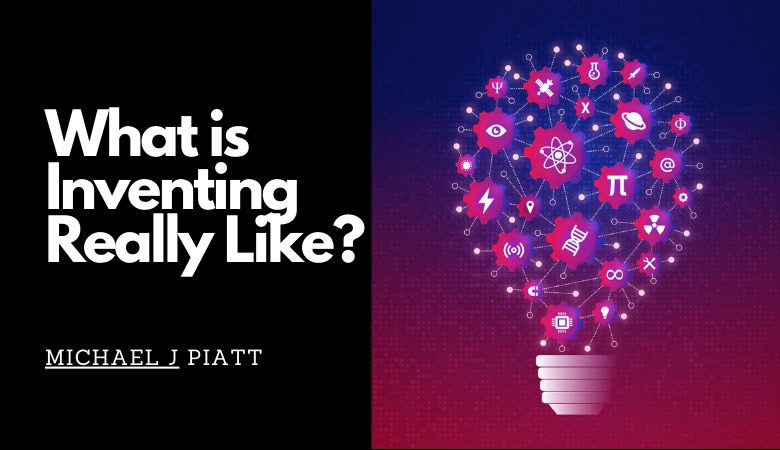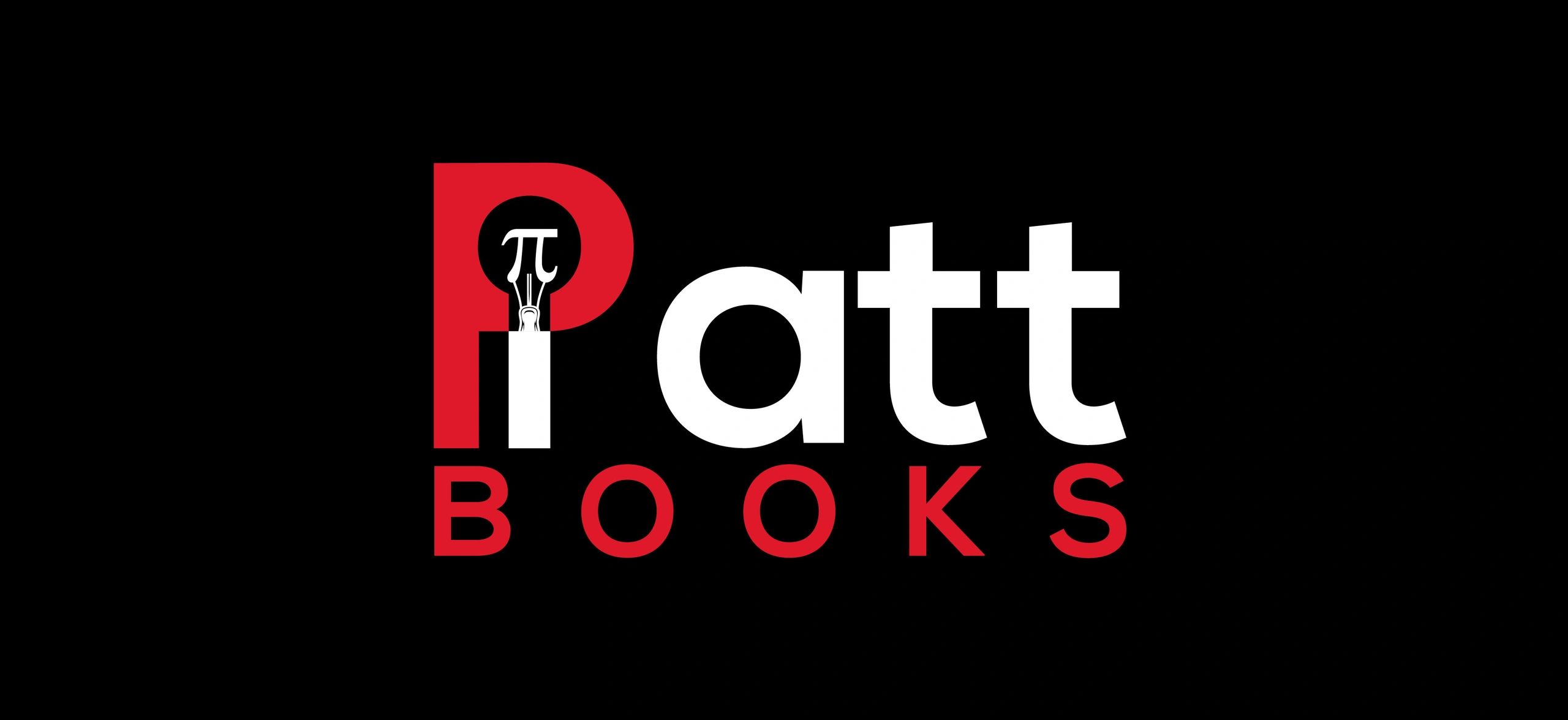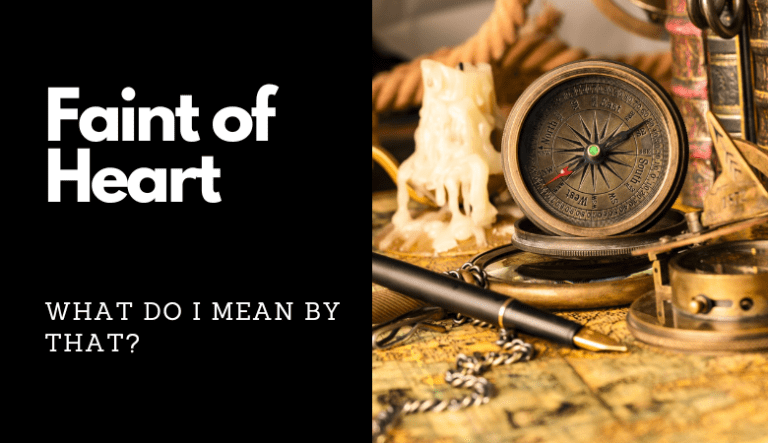
What is Inventing Really Like?
When I was in school, admittedly that was a long time ago, I remember sometimes being frustrated when told to learn what I needed to know. Not that I did not respect the authority or question the motives of those trying to help me. It was just that sometimes I tended to move in a direction different from the one I was being directed toward. Our brains are not programmed to always follow a script. We are naturally curious, which can lead us in different directions.
We did not have cell phones back then, but I understand the gravity of the phone to satisfy curiosity, provide entertainment, and to connect with others. Back in my days, you had to physically go places and do things every time you wanted to make connections. Sometimes you would find yourself in situations that were unexpected. You could not simply tap on your phone to move onto something else.
It turns out that inventing is like going exploring. You never know exactly what you are going to find when you start searching. Results are often unexpected. When you set out to create something new, you give yourself the freedom to strip away preconceived notions and take a fresh look. The freedom to discover is liberating. We are all naturally inquisitive. It can be exhilarating when things work out.
However, more often than not, you will fail many times in succession as curiosity begins to wane, and you may feel fatigued before you experience the thrill of victory with a newly minted innovation. Perhaps this struggle sounds like a lot of other challenging things in life. That is because inventing is difficult. After the fact, some may say the innovation was obvious, but that is only because you made it so. Prior to its birth, it was a burning question in search of an answer. A question that may have bothered you and others for some time.
Solutions rarely come about with a single “aha” moment. There is usually a lot of background work, trial and error, gathering of information, problem definition refinement, collaboration, and so forth. Then, finally, after a lot of background work, there are times when things seem to come together quickly, like a fountain gushing in inspiration.
Through this tedious process, one should never underestimate the value of humor. Humor lowers inhibitions, allowing subconscious thought to surface. It makes the generation of ideas more diverse. This often results in more opportunities worthm exploring and fosters creative solutions.
As you read The Key Series, note the double meaning of many of them character conversations and their methodology for problem-solving. I hope you find it enriching to be engaged in a story that allows you to
reflect upon your own creativity and the joy of discovery. So, dive in, stop and think between the pages, and do not forget to smile at the creative gifts the world has offered to all of us.



